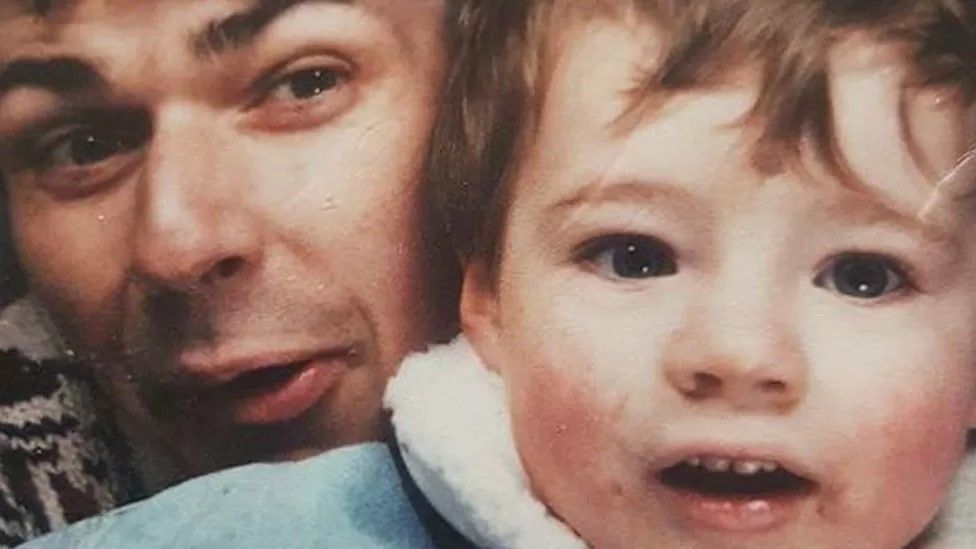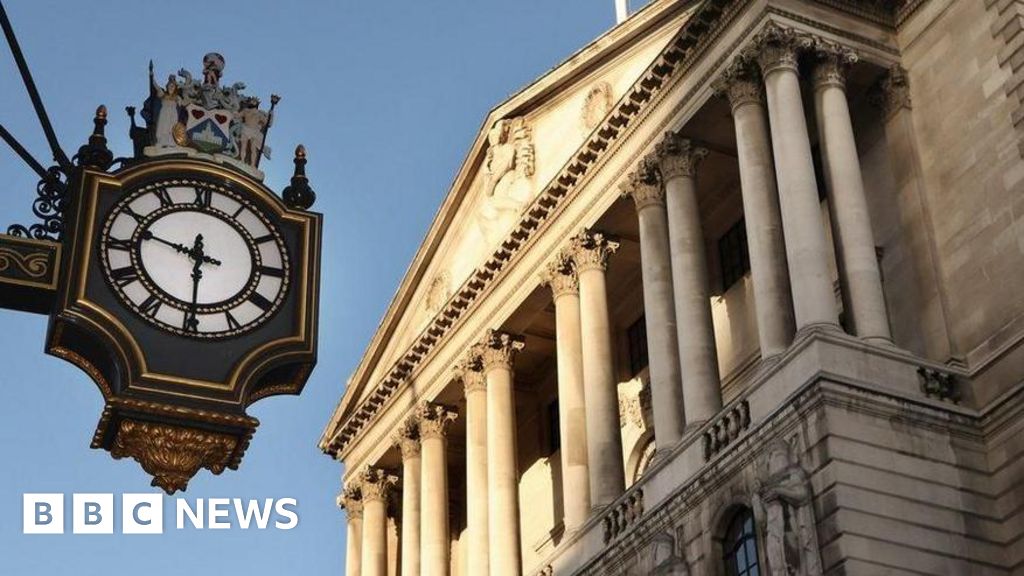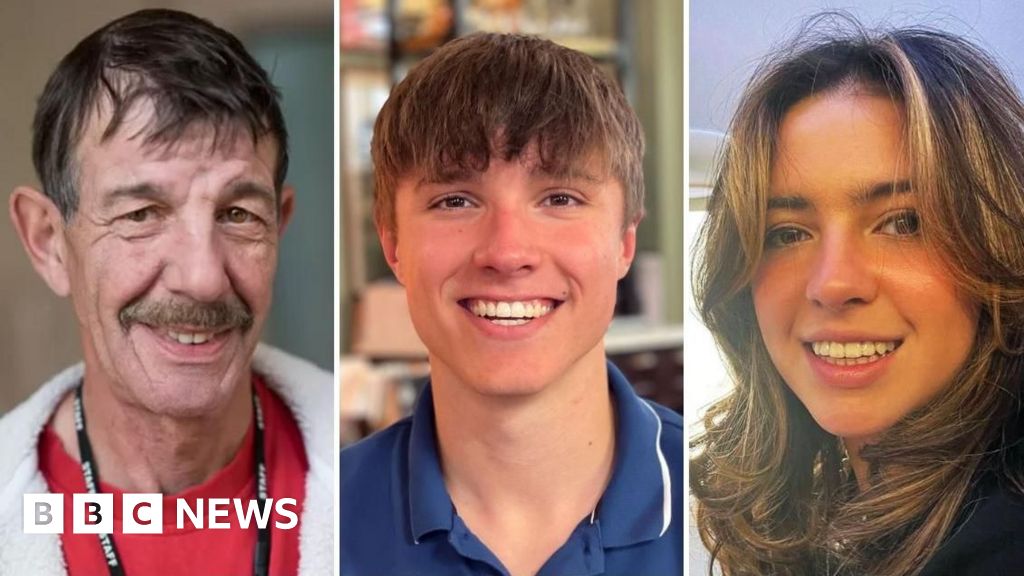ARTICLE AD BOX

Jason Evans was four when his father, Jonathan, died in 1993
The government faces a rebellion with at least 30 Tories backing an amendment to extend interim payouts to more victims of the infected blood scandal.
Up to 30,000 people were given contaminated blood products in the 1970s and 80s. Thousands have died.
A Labour amendment will be brought on Monday calling for a new body to be set up to administer compensation.
More than 100 MPs, including Tories Sir Robert Buckland, Sir Edward Leigh and David Davis, are backing the move.
More than 3,000 people died after contracting HIV or hepatitis C after receiving a blood transfusion on the NHS or a treatment made from contaminated blood products.
In a letter sent to Chancellor Jeremy Hunt, shadow chancellor Rachel Reeves called the scandal "one of the most appalling tragedies in our country's recent history."
She added: "Blood infected with hepatitis C and HIV has stolen life, denied opportunities and harmed livelihoods."
She praised Theresa May, who set up the Infected Blood Inquiry when she was prime minister in 2017.
But she warned: "For the victims, time matters. It is estimated that every four days someone affected by infected blood dies."
Jason Evans, from Coventry, was four when his father, Jonathan, died in 1993 after developing Aids and Hepatitis C as a result of receiving Factor VIII - a clotting agent given to people with haemophilia and other bleeding disorders to help their blood clot.
Mr Evans founded the Factor 8 organisation to campaign on behalf of those affected by the infected blood scandal.
Parents who lost multiple children
He said time is key for many of those he meets. The inquiry heard that one person dies as a result of contaminated blood products every four days.
"For people like myself this is not just a catchphrase," he said. "Every week or so someone I have known personally dies."
Interim compensation is key, he said.
"I often hear of parents who lost multiple children and they are now elderly and they have received no recognition of what they have been through. Nothing."
Among those waiting for compensation is Lauren Palmer who was nine years old when she lost both her parents within a week of each other after her father was infected with HIV after receiving Factor VIII and went on to infect his wife.
She previously told the BBC: "Factor VIII was supposed to prolong my father's life, not take him and my mum prematurely."
Image source, PA Media
Image caption,Ms Palmer said losing her parents meant she endured a miserable childhood
The chancellor, himself a former health secretary, told the inquiry in July that the government accepted the moral case for compensation.
But he said no final decisions could be made before the inquiry publishes its findings - now expected in March next year.
In August 2022, the government agreed to make the first interim compensation payments of £100,000 each to about 4,000 surviving victims and bereaved widows.
But inquiry chairman Sir Brian Langstaff, said in April this year that the parents and children of victims should also receive compensation and also called for a full compensation scheme to be set up immediately.
The Commons Speaker will decide on Monday which amendments to the bill MPs will vote on.
But the government has said it will not be supporting the amendment.
A Department of Health spokesperson said: "We are deeply sympathetic to the strength of feeling on this and understand the need for action. However, it would not be right to pre-empt the findings of the final report into infected blood."
New Health Secretary Victoria Atkins was asked on the BBC's Sunday with Laura Kuenssberg programme whether she would be supporting the amendment.
"It's right that we take our time to wait for the report," she said, intimating that she would not be voting for the amendment.
The amendment to the Victims and Prisoners Bill has been brought by Labour MP Dame Johnson, who leads the All-Party Parliamentary group on Haemophilia and Contaminated Blood.
She said: "The government have already accepted the 'moral case' for compensation to be paid, so now is the time for action - not further delay. There is no reason for the government not to support the amendments."
If the amendment is passed the government would have three months to set up an arms-length body, chaired by a High Court judge, to administer compensation.
Interim compensation would be paid within a month to bereaved children, parents and siblings not covered by the first interim payment in October 2022, psychological support would be provided for victims within a month in England (Scotland, Wales and Northern Ireland already provide this support).

 1 year ago
31
1 year ago
31








 English (US) ·
English (US) ·